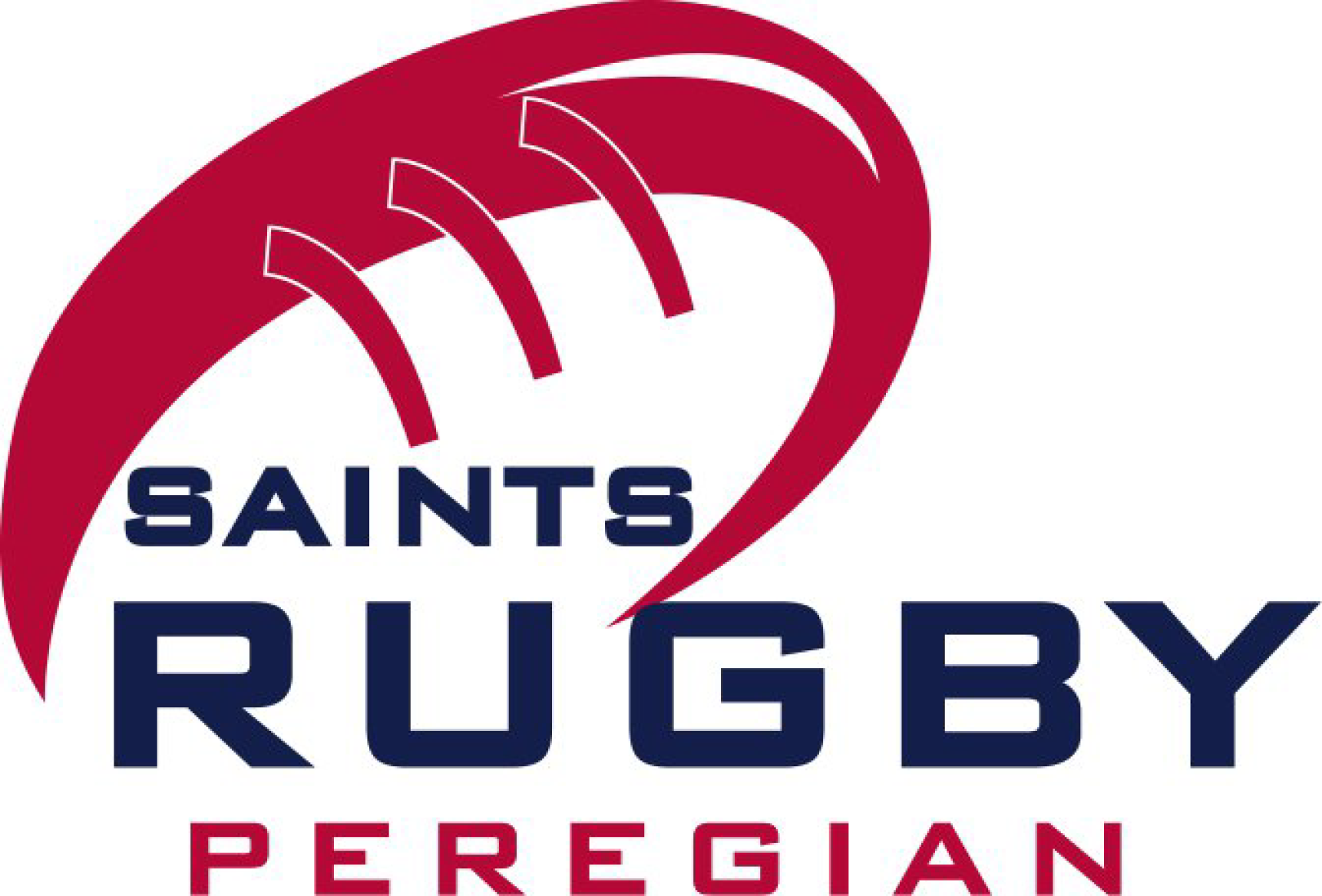PLAYER WELLBEING POLICY
Purpose
This policy is established to promote and protect the physical, emotional, and mental wellbeing of all junior players within our club. This framework applies to all committee members, managers, and coaches, ensuring a unified approach to nurturing a safe, positive, and supportive environment.
Core Principles
Our player wellbeing program is based on the following principles:
- Safety: Prioritize the safety of players in all club activities.
- Respect: Treat all players with respect, recognizing their individuality and unique needs.
- Support: Provide resources and guidance to support players’ physical and mental health.
- Development: Encourage the development of life skills alongside athletic skills.
Policy Statement
This policy outlines our commitment to creating a holistic wellbeing environment for junior players, incorporating physical health, mental health, social connection, and personal development.
Roles and Responsibilities
Committee Members
- Oversight: Ensure that all aspects of the wellbeing program are implemented effectively.
- Training: Facilitate and encourage relevant training on player wellbeing for all coaches and managers.
- Resources: Allocate resources to support wellbeing initiatives, such as partnerships with healthcare professionals.
- Monitoring: Regularly review the effectiveness of the wellbeing program and update policies as needed.
Coaches and Managers
- Implementing Wellbeing Practices: Actively incorporate wellbeing practices into training sessions and matches.
- Role Models: Serve as role models for players, demonstrating positive behavior, sportsmanship, and respect.
- Monitoring and Reporting: Observe players for signs of physical or mental distress, and report any concerns to the appropriate wellbeing officer or committee member.
- Encouragement: Foster an environment where players feel comfortable discussing any wellbeing-related issues.
Wellbeing Policy Components
1. Physical Health and Safety
- Injury Prevention and Management: Coaches will conduct proper warm-up and cool-down exercises and reinforce safe tackling and play techniques.
- Concussion Protocol: Follow concussion protocols rigorously, ensuring that players suspected of having a concussion are removed from play and only return after medical clearance.
- Hydration and Nutrition: Educate players on the importance of hydration and balanced nutrition. Ensure water breaks during training and games.
2. Mental Health and Emotional Support
- Supportive Environment: Encourage an open, positive atmosphere where players feel comfortable expressing themselves.
- Mental Health Awareness: Provide access to mental health resources and education for players and parents.
- Handling Pressure: Implement strategies for managing stress and competition pressure, such as mindfulness exercises or sports psychology workshops.
3. Social Wellbeing and Inclusion
- Inclusive Culture: Promote inclusivity by ensuring that every player feels valued and respected, regardless of skill level or background.
- Team-building Activities: Regularly organize team-building activities to strengthen team bonds and develop social skills.
- Parental Involvement: Encourage parents to be part of the wellbeing program and foster a community support network for players.
4. Personal Development
- Life Skills: Integrate life skills, such as communication, resilience, and goal-setting, into training sessions.
- Leadership Opportunities: Provide opportunities for players to take on leadership roles within the team, building confidence and accountability.
- Feedback Culture: Encourage constructive feedback and praise to help players grow, focusing on personal progress and sportsmanship.
Policy Compliance
Training and Awareness
- Mandatory Training: All committee members, managers, and coaches are required to complete training on player wellbeing, including physical and mental health basics.
- Ongoing Development: Encourage ongoing professional development in player wellbeing and sports safety.
Incident Reporting
- Immediate Action: Any incidents related to player wellbeing, including injuries, mental health concerns, or any form of misconduct, must be reported immediately to the wellbeing officer or a designated committee member.
- Documentation: Document any incidents in an incident report to ensure accurate record-keeping and follow-up.
Policy Review
- Annual Review: This policy will be reviewed annually to incorporate feedback from players, parents, coaches, and committee members.
- Continuous Improvement: Based on feedback and incidents, adapt and improve the policy to better serve the wellbeing needs of all players.
Acknowledgment of Responsibility
All committee members, managers, and coaches are required to:
- Review and understand this policy.
- Commit to adhering to and promoting the player wellbeing principles outlined here.
- Sign an acknowledgment of their responsibilities under this policy.
This policy document can be shared with all stakeholders, ensuring that everyone understands and commits to the wellbeing standards expected at the club. Let me know if you’d like specific wording adjustments or additional components!
